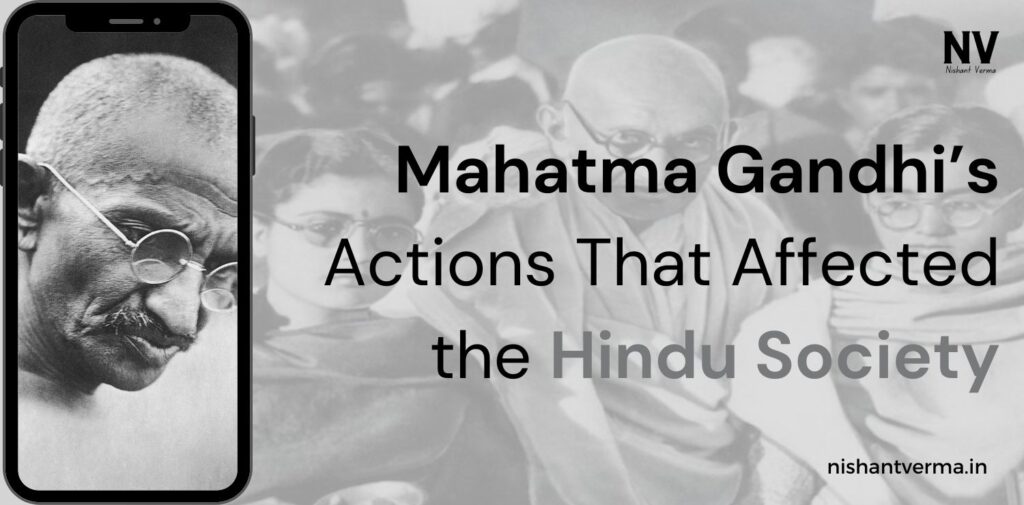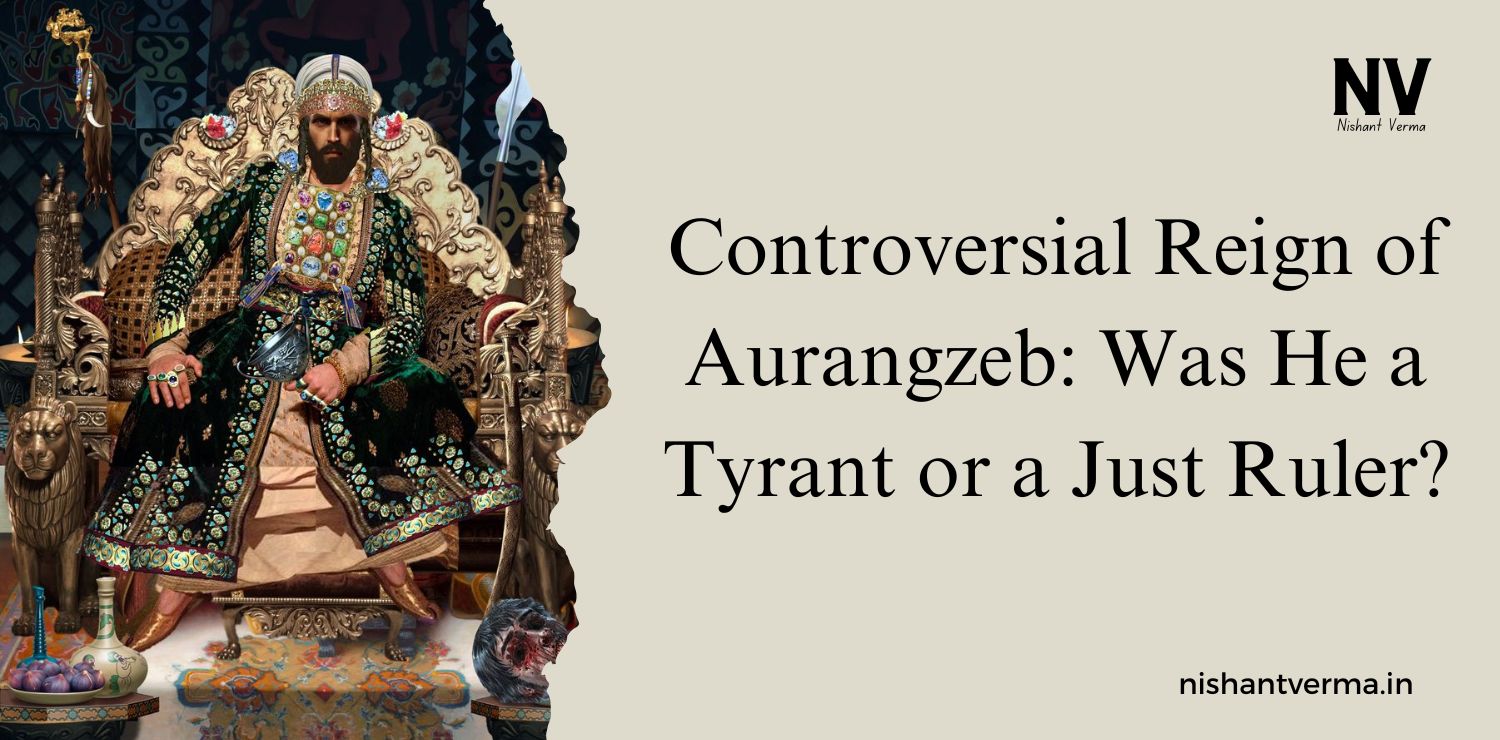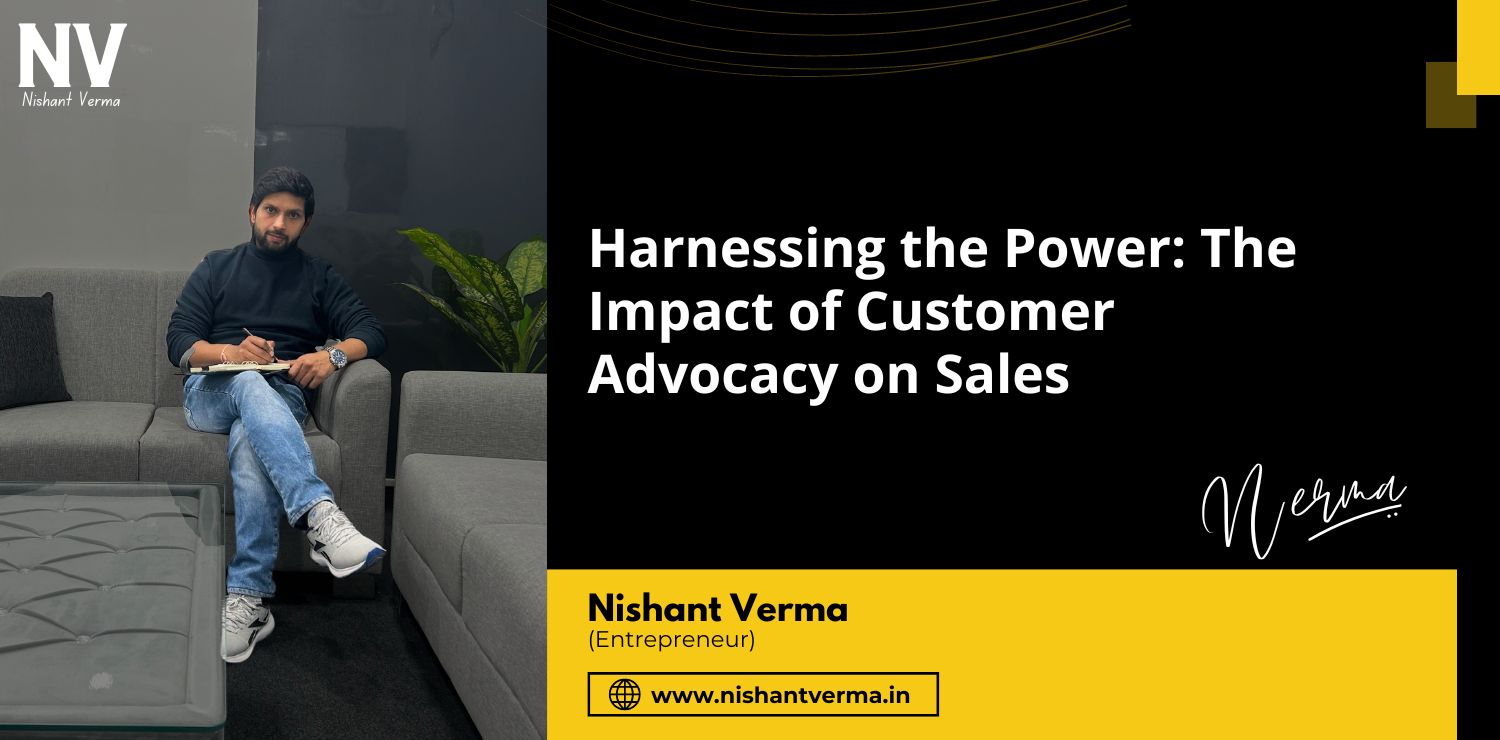Mahatma Gandhi, widely celebrated as the “Father of the Nation,” has been praised for his efforts in securing India’s freedom from British rule. However, not everyone views Gandhi’s actions in a positive light, especially in terms of his impact on the Hindu society. His decisions and strategies often seemed to favor Muslims, leading to significant dissatisfaction and resentment among many Hindus. This article delves into the controversial aspects of Gandhi’s legacy and discusses the actions that, according to critics, Mahatma Gandhi actions against Hindu Society.
Gandhi’s Support for the Khilafat Movement: Misplaced Priorities?
One of the most criticized decisions of Gandhi was his enthusiastic support for the Khilafat Movement (1919-1924), which aimed to restore the Ottoman Caliphate. The movement had nothing to do with Indian freedom or the welfare of Hindus but was primarily concerned with the interests of Muslims globally. Gandhi’s support was seen as an attempt to unite Hindus and Muslims for the independence struggle, but it ended up alienating many Hindus.
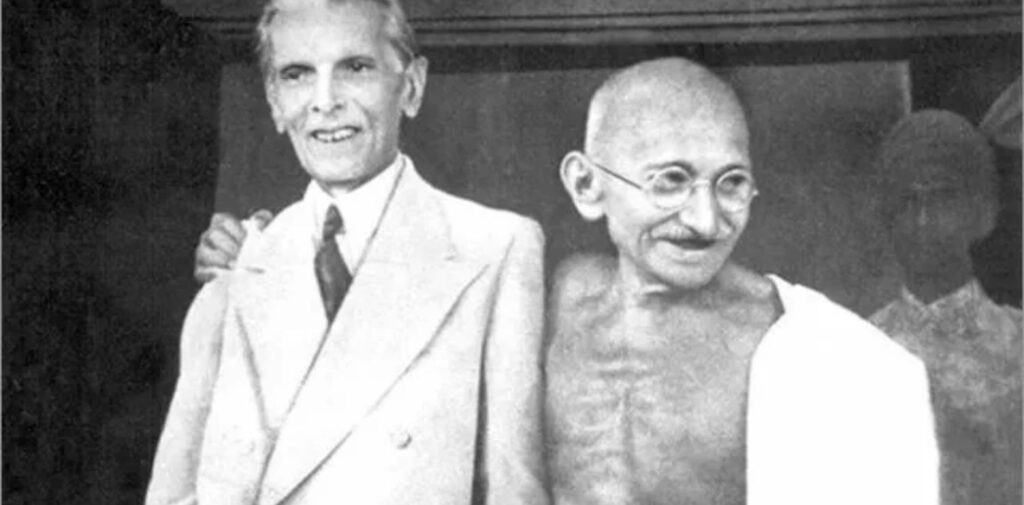
By aligning himself with a purely Islamic cause, Gandhi sidelined the core issues affecting Hindus and diverted national attention to something irrelevant to Indian society. This move strengthened the communal identity of Muslims and set the stage for the rise of a separate Muslim political identity, eventually leading to the demand for Pakistan.
Excessive Concessions to Muslims: Appeasement Politics
Gandhi’s policy of granting concessions to Muslims is another contentious topic. He advocated for separate electorates and other special privileges for Muslims, which many believe sowed the seeds of communal division in India. His support for separate electorates during the 1916 Lucknow Pact made Muslims a distinct political entity, further weakening Hindu unity.
Even during negotiations with the British, Gandhi agreed to many demands made by the Muslim League that harmed Hindu interests. His appeasement policies not only emboldened the Muslim League but also led to the marginalization of Hindu concerns.
Gandhi’s Role in Partition: Compromising Hindu Interests
The partition of India in 1947 remains a dark chapter in the country’s history. Gandhi’s inability to prevent the partition, despite being a prominent leader, is seen as a massive failure. While he claimed to oppose the idea of dividing the nation, his actions, or lack thereof, tell a different story.
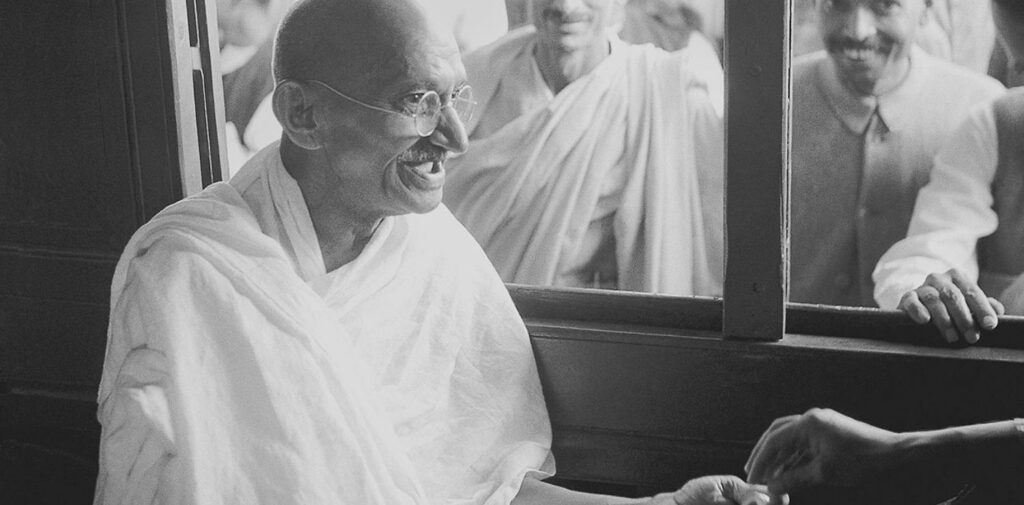
Critics argue that Gandhi could have taken a firmer stance against the Muslim League’s demand for a separate nation. His acceptance of partition and his insistence on not retaliating against Muslim violence in Bengal and Punjab led to the death and displacement of millions of Hindus.
Fast Unto Death for Pakistan: A Betrayal of Hindu Sentiments
After India’s independence and the subsequent partition, the newly formed Indian government decided to withhold ₹55 crores that was due to Pakistan as war had broken out between the two nations. In protest, Gandhi went on a fast unto death, demanding that the government release the funds to Pakistan.
For many Hindus, this was the ultimate betrayal. While millions of Hindus were being slaughtered, raped, and displaced during partition, Gandhi chose to fast for a country that had been created by tearing apart India. His decision to prioritize Pakistan’s monetary needs over the well-being of Hindus affected his standing among many of his supporters.
Silence on Hindu Sufferings During Partition: A Leader for Whom?
Gandhi’s silence during the communal riots and his lack of support for Hindu refugees made many question his loyalty. While he spoke extensively about Hindu-Muslim unity, he often ignored the plight of Hindus affected by Muslim violence. His policies of non-violence and tolerance were always directed at Hindus, even when they were the victims of aggression.
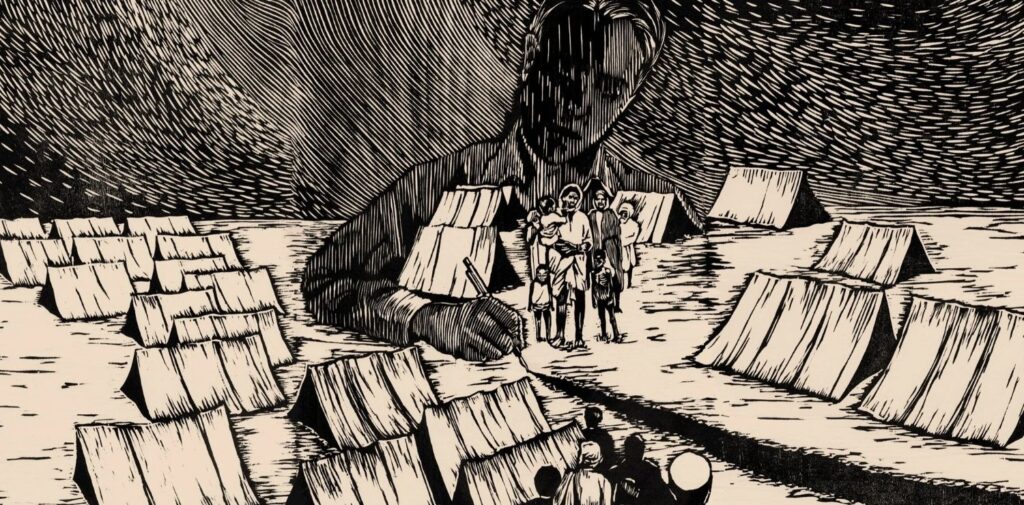
During the brutal riots in Noakhali (1946), where Hindus were targeted, killed, and women were raped, Gandhi visited the region but failed to criticize the attackers. Instead, he preached patience and forgiveness, leaving Hindus feeling abandoned by their leader.
Gandhi’s Role in Cow Slaughter Controversy: Insensitivity Towards Hindu Beliefs
The issue of cow protection has always been close to the hearts of Hindus. Cow slaughter is seen as an act against Hindu religious sentiments. However, Gandhi, while promoting Hindu-Muslim unity, often turned a blind eye to this issue. He stated that Hindus should not impose their beliefs on Muslims and justified cow slaughter in certain cases, much to the dismay of his Hindu followers.
This insensitivity towards core Hindu beliefs alienated many who looked up to him as a leader. His reluctance to address this issue and his constant appeasement of Muslim demands made Hindus feel that their cultural and religious values were being sidelined.
Support for Muslim Personal Law: Weakening Hindu Unity
Gandhi’s support for Muslim Personal Law while advocating for a unified Hindu Civil Code further exposed his double standards. By supporting the retention of separate laws for Muslims, he gave legitimacy to a parallel legal system, which created further division.
His refusal to support a Uniform Civil Code, which would have ensured equality for all citizens irrespective of religion, showed his unwillingness to confront Muslim leaders on issues of national integration and unity.
Non-Violence at the Cost of Hindu Safety
Gandhi’s advocacy for non-violence was a noble concept, but in reality, it left Hindus vulnerable in many situations. During communal riots, while Muslims were often the aggressors, Gandhi continued to preach non-violence and asked Hindus to not retaliate. This made Hindus appear weak and easy targets for those who wanted to harm them.
In some instances, like the Moplah Rebellion in Kerala (1921), Gandhi did not condemn the atrocities committed by Muslims against Hindus. His advice to Hindus to remain non-violent even in the face of extreme provocation left many feeling betrayed and disillusioned.
Gandhi’s Silence on Muslim League’s Anti-Hindu Agitation
During the 1940s, when the Muslim League was openly advocating for the creation of Pakistan and resorting to violence, Gandhi’s silence was deafening. He refused to take a strong stand against the League, which emboldened them further.
Even when the League launched its Direct Action Day in 1946, which resulted in massive riots in Calcutta and the deaths of thousands of Hindus, Gandhi chose to remain silent. His refusal to confront Jinnah and the League directly contributed to the eventual partition of India.
Mahatma Gandhi: A Leader for All or a Leader for None?
In conclusion, while Gandhi is often hailed as a unifying figure, his actions and policies were seen as heavily biased against Hindus. His relentless pursuit of Hindu-Muslim unity, even at the cost of Hindu lives and dignity, made many question his true intentions. He compromised Hindu interests time and again in the name of national unity and communal harmony, but in the process, he ended up creating deeper divisions.
Gandhi’s legacy is complicated, and it is essential to look at all facets of his life to understand his impact on Indian society fully. While his contribution to India’s independence is undeniable, his approach to Hindu-Muslim relations left much to be desired. Many feel that Gandhi’s actions weakened Hindu society, making it easier for external forces to exploit communal divisions, ultimately leading to the partition and the subsequent suffering of millions of Hindus.
Gandhi may have been a man of principles, but those principles often came at the cost of Hindu society’s well-being, making his legacy a controversial one.

